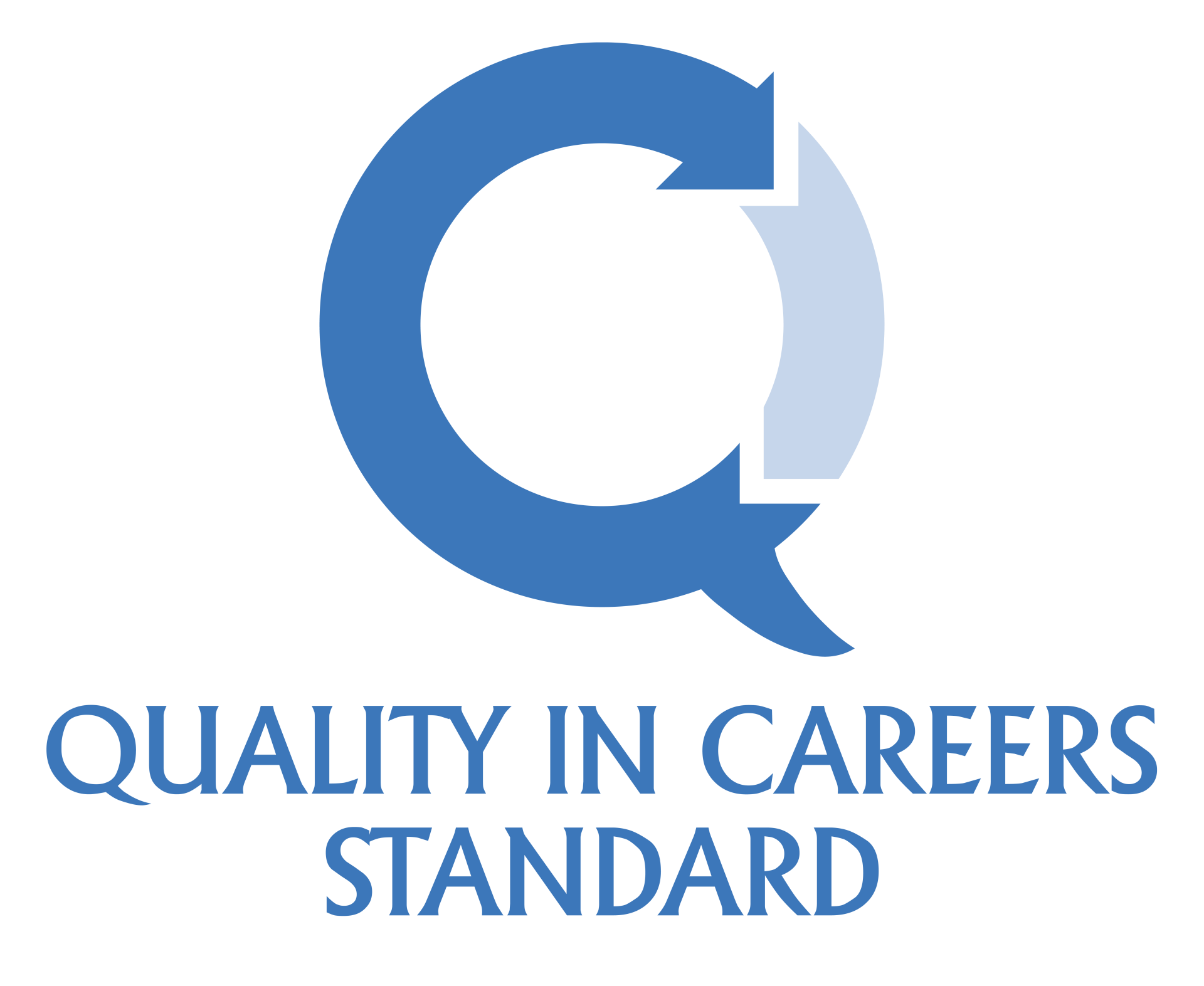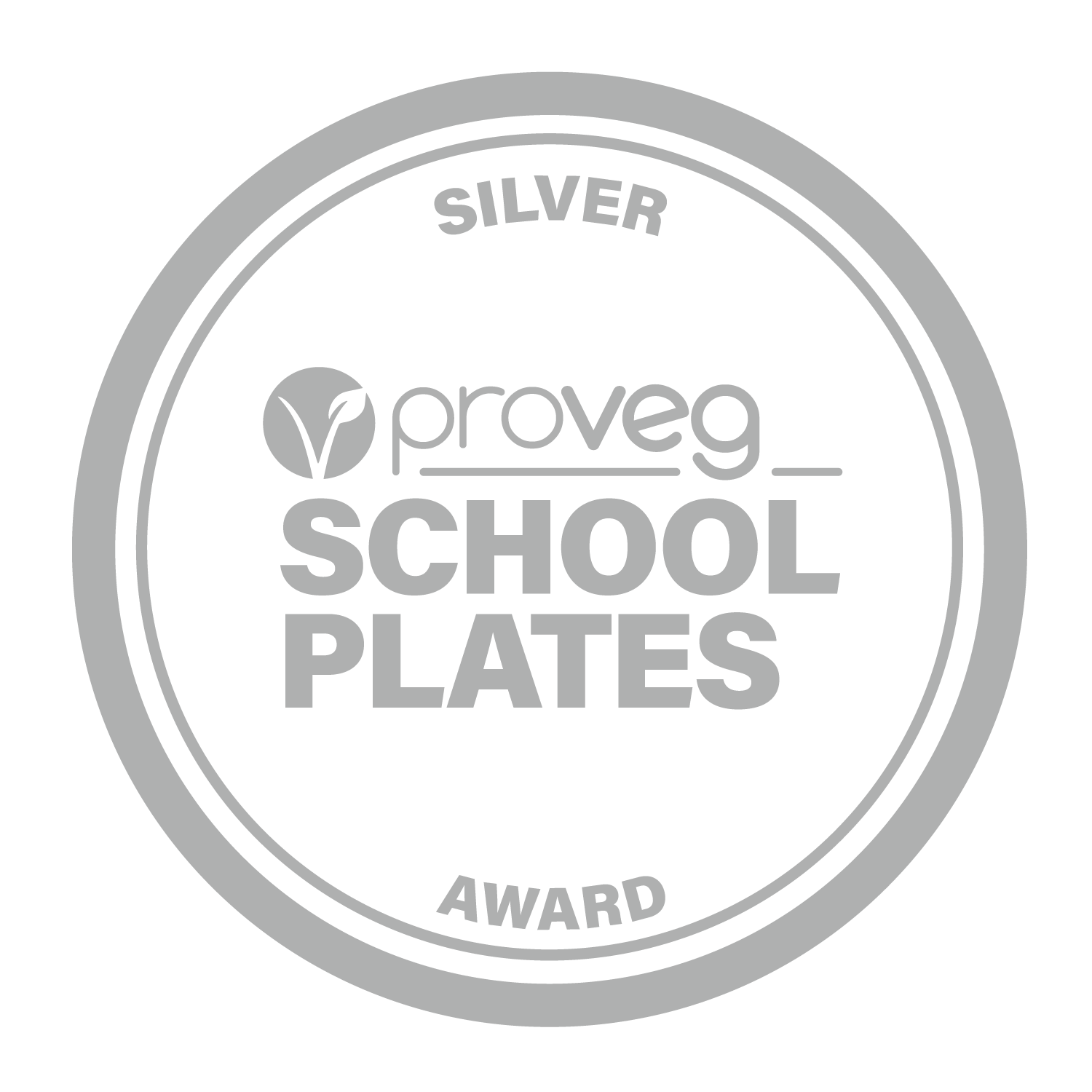Qualification Breakdown
Entry Level
If you don’t have any qualifications this is the place to start.
-
What do I need?
You don’t need any qualifications but you will need to show that you want to learn.
-
What courses can I do?
Foundation Learning
Traineeship
-
What will I get?
You’ll finish your course with new practical skills for work and independent living which can help you progress to the next level.
Level 1
-
What do I need?
GCSE grades 1/E to 3/D and a willingness to learn.
-
What courses can I do?
Diploma Level 1
NVQ Level 1
Foundation Diploma
Traineeship.
-
What will I get?
You’ll finish your course with new practical skills for work and daily life, work experience, personal development and an introduction to your subject. You could progress onto a Level 2 course.
Level 2
Improving your subject knowledge.
-
What do I need?
As well as knowledge or experience of your subject, you’ll also need four GCSEs at grades 1/E to 4/C or a Level 1 course. Some apprenticeships could have different entry criteria, and some Level 2 courses might require you to have an English and maths GCSE at grade 4/C and higher.
It is possible to start at this Level on a completely new subject to you – but this will depend on your GCSE grades. You can contact our school liaison and careers team for more advice about this.
-
What courses can I do?
GCSEs
Apprenticeship
BTEC Diploma Level 2
NVQ/VRQ Level 2
Higher Diploma
-
What will I get?
You’ll finish your course with a good general education, good work habits, problem-solving skills, resourcefulness, subject knowledge and skills for lower-level jobs. This is the minimum level that most employers will ask for when you go for a job.
Level 3
-
What do I need?
A minimum of five GCSE grades 4/C and above or a Level 2 qualification, but some A Levels require more.
-
What course can I do?
Advanced Apprenticeship
BTEC Extended Diploma
NVQ/VRQ Level 3.
-
What will I get?
You’ll finish your course with good problem solving skills, being able to learn and adapt independently, and you'll be able to manage work relationships and business knowledge. Most universities ask for this Level of qualification, and employers tend to look for applicants who are qualified to at least this level.
Level 4
In-depth study will help you become a specialist in your area.
-
What do I need?
Level 3 qualification
A Levels
Extended Diploma
Access to Higher Education
NVQ/VRQ Level 3 or 120 UCAS points.
-
What course can I do?
Foundation Degree (first year certificate of education)
Bachelor's/Honours Degree (first year) or a Degree Apprenticeship
NVQ/VRQ Level 4
Higher Apprenticeship
-
What will I get?
You’ll finish your course with advanced problem-solving skills, business knowledge, relationship management skills, and leadership and project management skills.
Level 5
More in-depth knowledge and an understanding of your subject means you’ll be able to find solutions and respond to complex problems and situations.
- What do I need?
A qualification at Level 4
- What course can I do?
Foundation Degree (second year) (a university-level qualification worth the same as the first two years of an Honours Degree).
Bachelor's/Honours Degree (second year)
- What will I get?
You’ll finish your course with a thorough knowledge of your subject, a high level of work expertise, competence in managing and training others.
Level 6
Study your subject to a very high level and learn to use your own ideas and research. You could go from here to do postgraduate courses such as a Master's Degree.
- What do I need?
A qualification at Level 5
- What course can I do?
Honours Degree or a top-up year from a Foundation Degree.
- What will I get?
You’ll finish your course with specialist knowledge in your subject, ability to use your own ideas and research in response to complex problems and situations.






 ↑
↑




